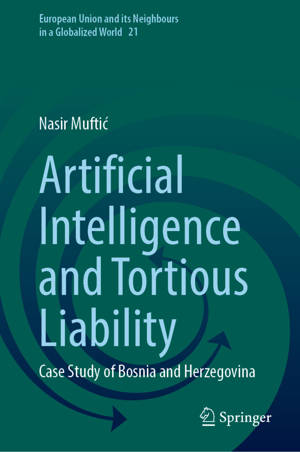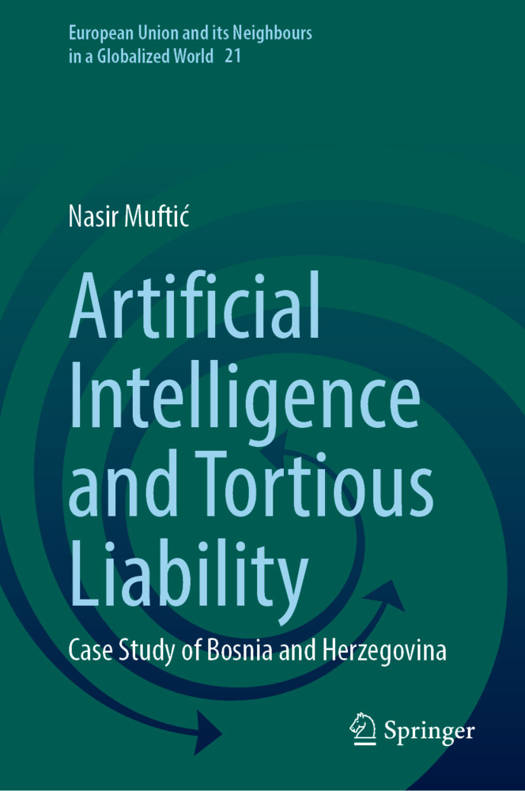
- Afhalen na 1 uur in een winkel met voorraad
- Gratis thuislevering in België vanaf € 30
- Ruim aanbod met 7 miljoen producten
- Afhalen na 1 uur in een winkel met voorraad
- Gratis thuislevering in België vanaf € 30
- Ruim aanbod met 7 miljoen producten
Omschrijving
This book examines whether current liability systems can handle cases involving artificial intelligence (AI). It questions whether general liability rules, designed to be technology-agnostic, are adequate for AI-related accidents. While focusing on Bosnia and Herzegovina, it addresses issues relevant across Europe, offering answers based on common principles and tort law rules.
The book begins with an introduction to AI technology and associated civil law challenges regarding e.g. autonomy, data importance, and non-transparency. It then discusses the broader context of civil law issues, the role of liability systems, rule-making levels and timing, and ancillary mechanisms like insurance and safety standards. The bases of liability in Bosnia and Herzegovina are examined, including objective and subjective liability, product liability, and vicarious liability. The allocation of liability is also addressed, focusing on AI s autonomy and loss of user control, and evaluating traditional liability allocation principles. Finally, the book analyzes why those harmed by AI might be worse off than those affected by conventional adverse events.
Specificaties
Betrokkenen
- Auteur(s):
- Uitgeverij:
Inhoud
- Aantal bladzijden:
- 222
- Taal:
- Engels
- Reeks:
- Reeksnummer:
- nr. 21
Eigenschappen
- Productcode (EAN):
- 9783031864520
- Uitvoering:
- Hardcover
- Afmetingen:
- 155 mm x 235 mm

Alleen bij Standaard Boekhandel
Beoordelingen
We publiceren alleen reviews die voldoen aan de voorwaarden voor reviews. Bekijk onze voorwaarden voor reviews.











